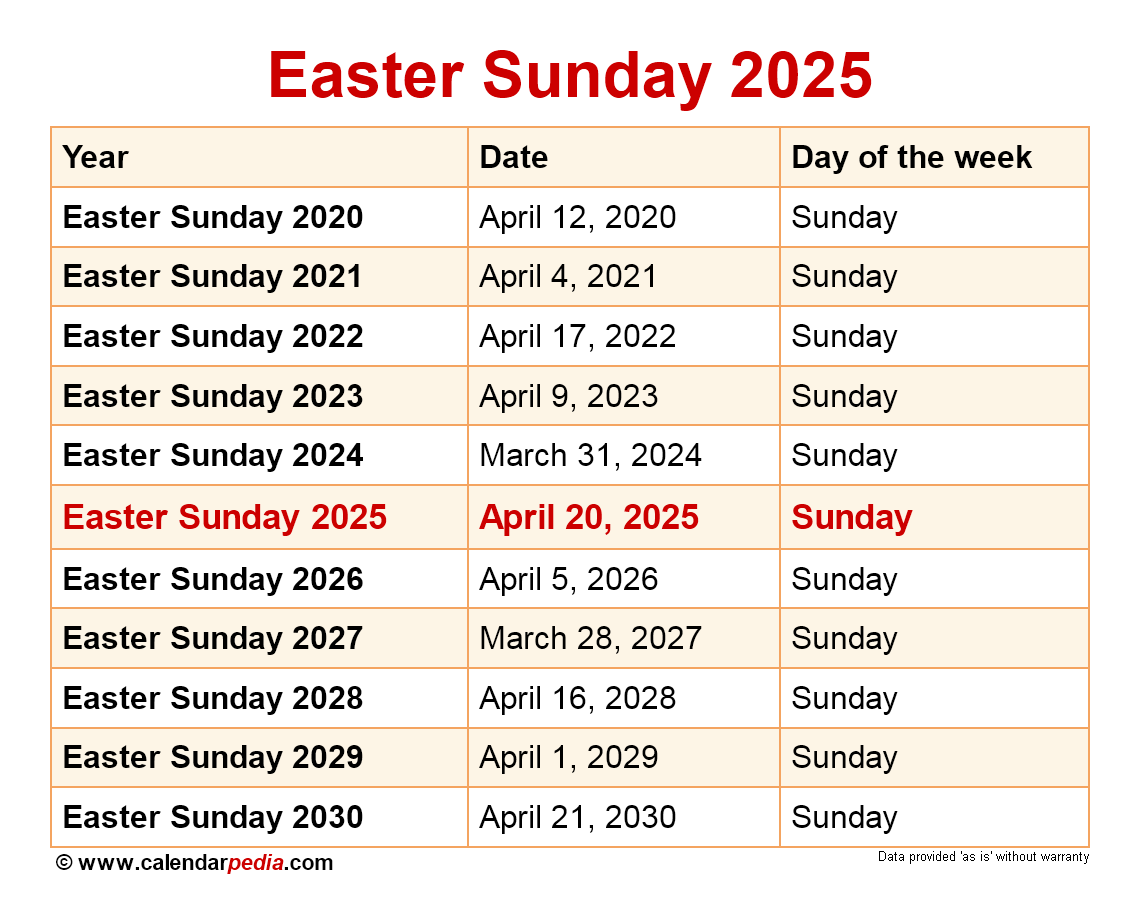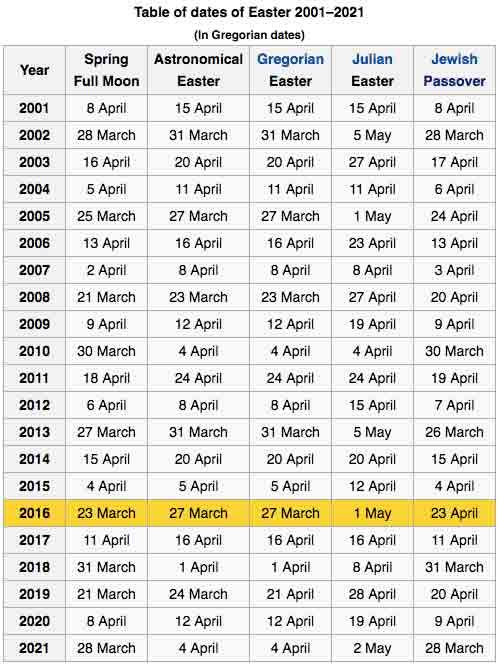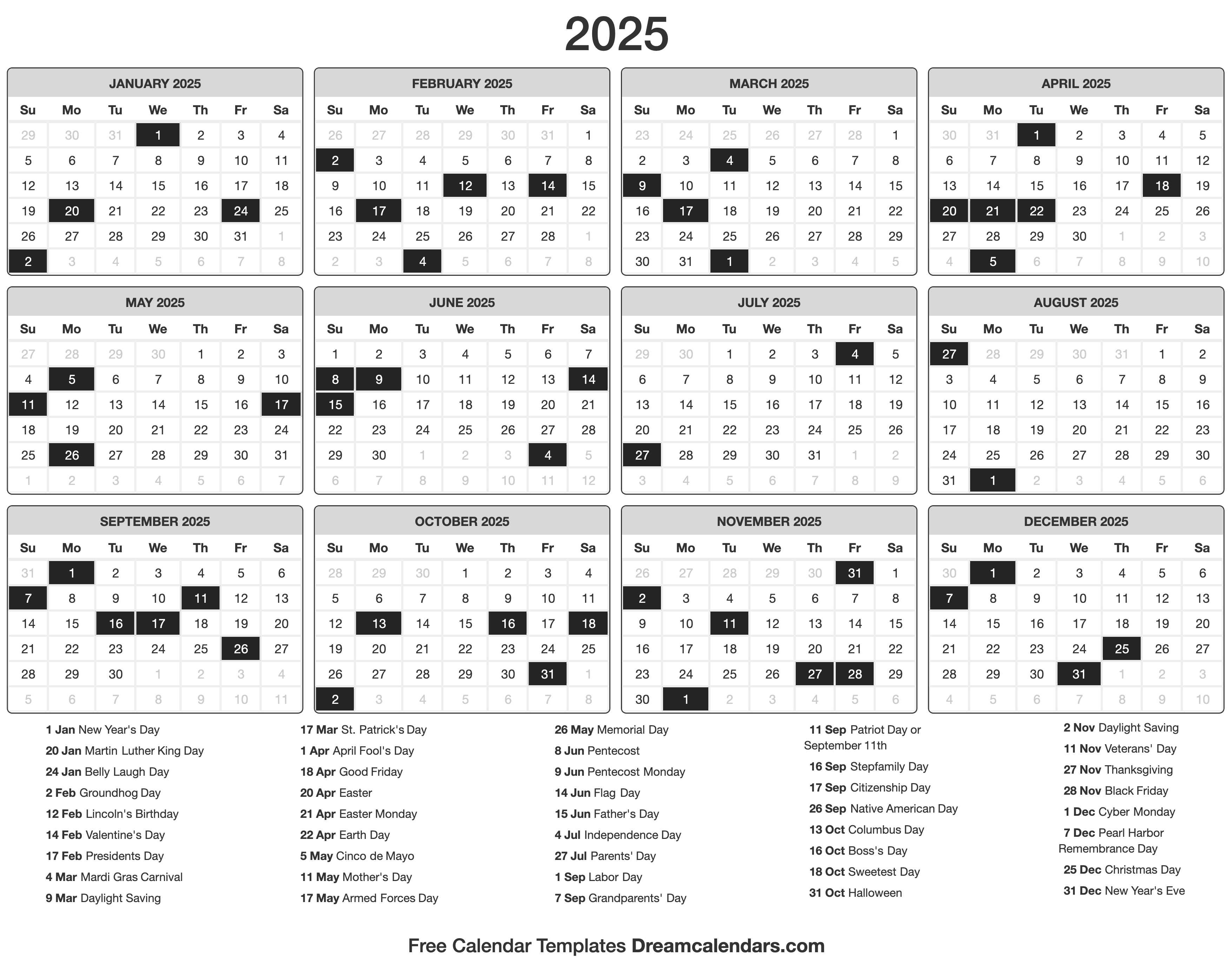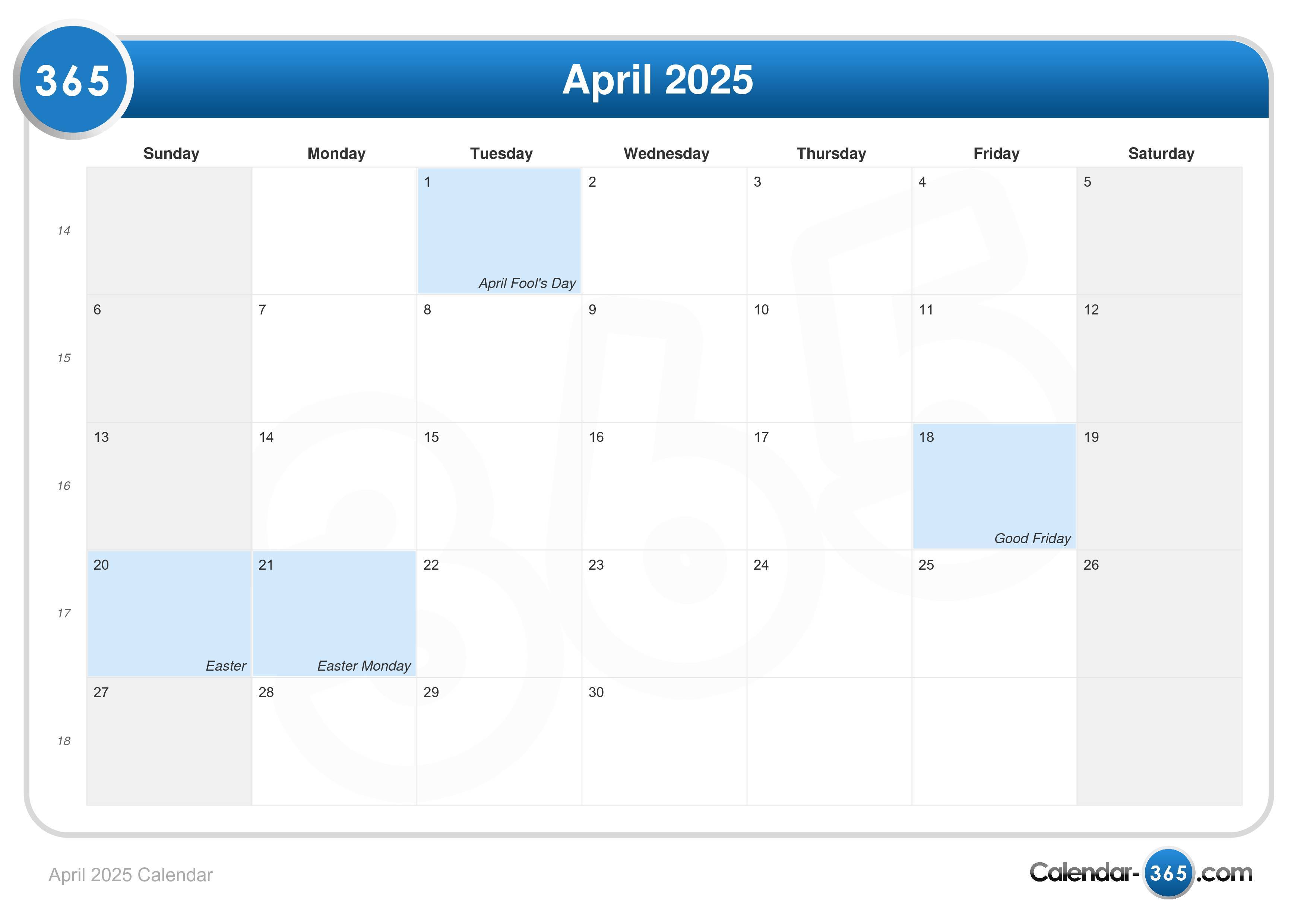Easter 2025: A Comprehensive Guide
Easter 2025: A Comprehensive Guide
Introduction
With enthusiasm, let’s navigate through the intriguing topic related to Easter 2025: A Comprehensive Guide. Let’s weave interesting information and offer fresh perspectives to the readers.
Table of Content

Easter 2025: A Comprehensive Guide
Easter, a significant Christian holiday, is celebrated annually on a Sunday between March 22 and April 25. Its date is not fixed, but rather determined by a complex calculation based on the lunar calendar and the Gregorian calendar. Understanding the mechanics of this calculation reveals the fascinating history and significance of this holiday.
The Calculation of Easter:
Easter is observed on the first Sunday after the first full moon on or after the vernal equinox. The vernal equinox, marking the beginning of spring in the Northern Hemisphere, typically falls on March 20 or 21. The full moon, known as the Paschal Full Moon, is the first full moon after the vernal equinox.
This intricate calculation, known as the Computus, has been used for centuries to determine the date of Easter. It was formalized in the 4th century by the Council of Nicaea, aiming to unify the celebration across various Christian communities.
Easter 2025: Date and Day
Applying the Computus to the year 2025, we find that Easter Sunday will fall on April 20, 2025. This date is derived from the following:
- Vernal Equinox: March 20, 2025
- Paschal Full Moon: April 11, 2025
- First Sunday after the Paschal Full Moon: April 20, 2025
The Significance of Easter:
Easter holds profound significance for Christians worldwide, marking the resurrection of Jesus Christ from the dead, a central tenet of the Christian faith. This event is believed to offer hope, redemption, and new life for believers. The holiday is celebrated with various traditions, including church services, egg hunts, and family gatherings.
FAQs about Easter 2025:
Q: Why is Easter celebrated on a different date every year?
A: The date of Easter is determined by the lunar calendar and the vernal equinox, resulting in a variable date each year.
Q: What are some of the traditional activities associated with Easter?
A: Common Easter traditions include church services, egg hunts, Easter baskets filled with treats, family gatherings, and the consumption of special Easter meals.
Q: What is the historical significance of the Council of Nicaea?
A: The Council of Nicaea, held in 325 AD, established the Computus, standardizing the calculation of Easter and unifying its celebration across Christian communities.
Q: How does Easter differ from other Christian holidays?
A: While other Christian holidays like Christmas and Pentecost have fixed dates, Easter’s date varies annually due to its lunar calendar connection.
Tips for Celebrating Easter 2025:
- Plan ahead: As Easter is a popular holiday, booking travel, accommodations, and restaurant reservations in advance is advisable.
- Incorporate traditional activities: Engage in egg hunts, decorate Easter baskets, and partake in family gatherings to celebrate the spirit of the holiday.
- Consider volunteering: Many organizations offer volunteer opportunities during Easter, providing a chance to give back to the community.
- Reflect on the meaning: Use this time to reflect on the spiritual significance of Easter and its message of hope and renewal.
- Enjoy the season: Embrace the beauty of spring and the joy of celebrating with loved ones.
Conclusion:
Easter 2025, falling on April 20, offers an opportunity to celebrate this significant Christian holiday. Understanding the intricacies of its date calculation reveals the historical and cultural significance of this event. Whether through religious observance, family traditions, or community engagement, Easter provides a chance to embrace hope, renewal, and the spirit of spring.








Closure
Thus, we hope this article has provided valuable insights into Easter 2025: A Comprehensive Guide. We appreciate your attention to our article. See you in our next article!